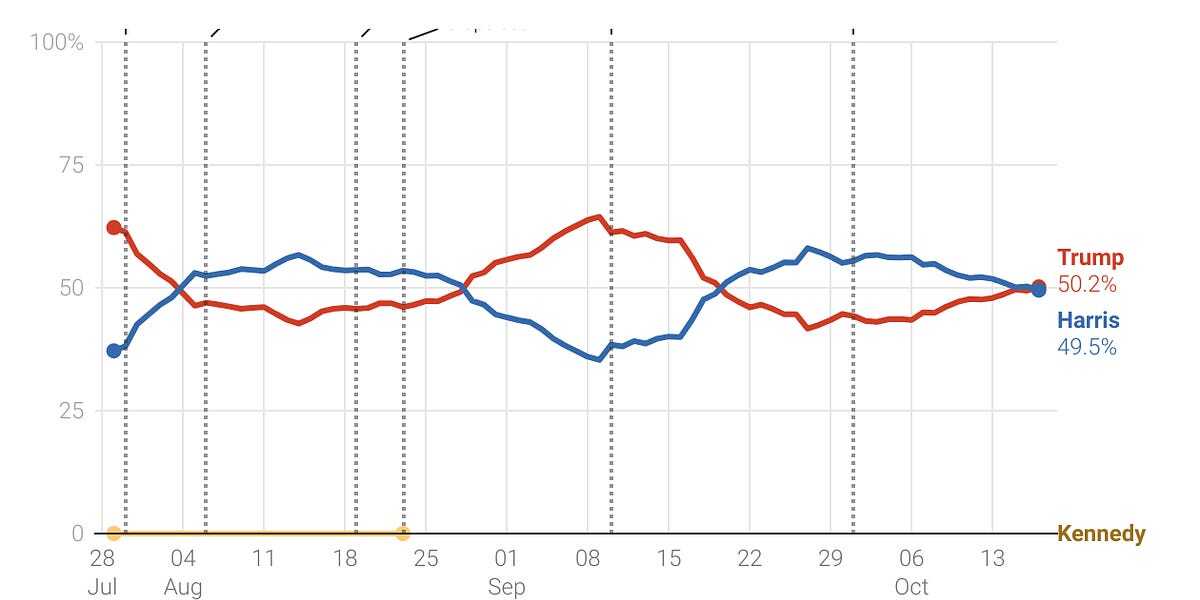

I would never vote for the Green Party after watching two decades of their utter disregard for political calculus while being both supercilious and patronizing about it. If the party’s behavior wasn’t enough, their supporters are utterly obnoxious, self-congratulatory egotists.
I fully intend to support nearly any candidate running against a green party candidate at the local and regional level, and will happily make political donations to any organization running ads and/or mobilizing on-the-ground efforts against the green party. The green party has been one long abysmal failure after Nader/LaDuke.
They certainly don’t need my help to die, but I’ll help dig the grave anyway.








Interestingly, research shows a surprising trend related to this topic: young adults today, on the whole, are engaging in less sexual activity than any generation for which we have data. Yet, this shift isn’t equally distributed across genders—where young men (ages 18-25) once reported slightly higher rates of sexual activity than young women, the pattern has reversed. Now, young women report engaging in sex more frequently than their male counterparts, with the gender gap widening now to a degree that significantly favors women in this area.
The reasons for this shift are still under debate. Economic pressures, the influence of digital media, and evolving social norms are all posited as contributing factors. But the data does suggest (this is based on CDC and JAMA studies) that a smaller subset of men are experiencing a larger share of sexual activity, aligning with certain internet memes and narratives about “Chads” dominating the dating scene. Whether these cultural constructs, such as the “MRA” or “Chad” phenomenon, are reflective of or reactive to this social shift remains unclear. Nonetheless, they generally resonate with the timeline of the observed trends around sexual activity. I’ll be curious to see how the trends indirectly the future of dating and sexual relationships among young adults.
But, all that aside, if more women choose to opt out of traditional dating or sexual encounters with men, more power to women. Coincidentally, it could begin to narrow or at least slow the widening gender gap in this area. I am unsure if that would be good, bad, or neutral. In general, a healthy sex life seems to be an important dimension of the human experience. I would imagine the fact that the overall trends are going down is probably a negative for the psychology of a generation, but I guess we’ll see.
This age cohort also drinks less, has more eating disorders, smokes/vapes less, is more sleep deprived, parties less, is more risk-averse, has shorter attention spans, experiments with drugs less, is more (prescription) medicated, is more depressed, is more socially isolated, and is more anxious than previous generations at the same ages. Looking at research on Gen Z is pretty crazy. And it can be depressing sometimes, but it’s a particularly unique age cohort. Scholars widely acknowledge Gen Z as being markedly different than previous youth generations.